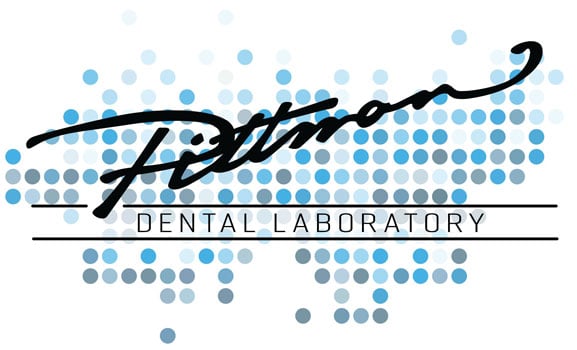Presidential elections have far-reaching implications across various industries, including healthcare and dental care. The dental industry, often seen as a stable and insulated sector, can experience significant changes depending on the policies and priorities of the incoming administration. Understanding these potential impacts is crucial for dental professionals, industry stakeholders, and patients alike.
Healthcare Policy and Insurance Coverage One of the most immediate and profound effects of a presidential election on the dental industry revolves around healthcare policy and insurance coverage. Presidential candidates often propose changes to healthcare systems, which can include modifications to dental coverage. For instance, an administration focused on expanding healthcare access might advocate for broader inclusion of dental services in public health programs like Medicaid and Medicare. This could potentially increase the number of patients seeking dental care, impacting the demand for dental services and the operational capacity of dental practices.
One of the most immediate and profound effects of a presidential election on the dental industry revolves around healthcare policy and insurance coverage. Presidential candidates often propose changes to healthcare systems, which can include modifications to dental coverage. For instance, an administration focused on expanding healthcare access might advocate for broader inclusion of dental services in public health programs like Medicaid and Medicare. This could potentially increase the number of patients seeking dental care, impacting the demand for dental services and the operational capacity of dental practices.
Conversely, an administration that prioritizes reducing government spending might propose cuts to these programs, potentially limiting dental coverage and access for low-income populations. This could lead to a decrease in patient volume for certain practices, especially those serving vulnerable communities, and could also influence the types of services that are in demand.
Regulatory Changes The dental industry is also subject to a range of regulations that can be influenced by presidential elections. These include regulations related to occupational safety, licensing, and the approval of new dental technologies and medications. An administration that prioritizes deregulation might ease some of these requirements, potentially making it easier for new dental products to enter the market and for practices to operate with greater flexibility. However, this could also raise concerns about the safety and efficacy of dental treatments.
The dental industry is also subject to a range of regulations that can be influenced by presidential elections. These include regulations related to occupational safety, licensing, and the approval of new dental technologies and medications. An administration that prioritizes deregulation might ease some of these requirements, potentially making it easier for new dental products to enter the market and for practices to operate with greater flexibility. However, this could also raise concerns about the safety and efficacy of dental treatments.
On the other hand, a more regulation-focused administration might introduce stricter standards for dental practices, including more rigorous reporting requirements or new rules aimed at ensuring patient safety and quality of care. While this can lead to improved patient outcomes, it may also increase operational costs for dental practices, which could be passed on to patients.
Economic Policies and Dental Spending Economic policies shaped by presidential elections also impact the dental industry. Policies that affect disposable income, such as tax cuts or increases, can influence how much individuals are willing or able to spend on dental care. For example, tax cuts for middle and lower-income households might increase disposable income, potentially leading to more spending on elective dental procedures. Conversely, economic downturns or policies that reduce disposable income could lead patients to defer non-essential dental care, impacting the revenue of dental practices.
Economic policies shaped by presidential elections also impact the dental industry. Policies that affect disposable income, such as tax cuts or increases, can influence how much individuals are willing or able to spend on dental care. For example, tax cuts for middle and lower-income households might increase disposable income, potentially leading to more spending on elective dental procedures. Conversely, economic downturns or policies that reduce disposable income could lead patients to defer non-essential dental care, impacting the revenue of dental practices.
The outcome of a presidential election can significantly influence the dental industry through changes in healthcare policy, regulatory frameworks, and economic conditions. Dental professionals and industry stakeholders should closely monitor election outcomes and prepare for potential shifts in the landscape, ensuring they can adapt to new challenges and opportunities.
Pittman Dental Laboratory Blog
Presidental Elections and the Dental Industry
3:30
